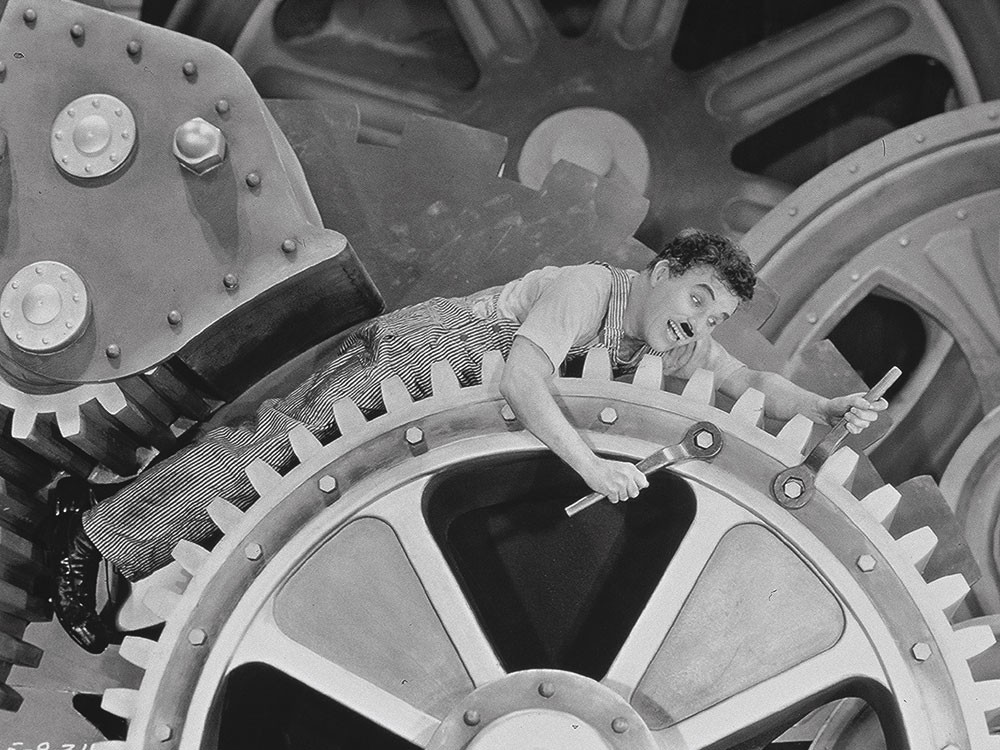Our goal is to create new forms of human-computer partnerships, where people take advantage of computational power while remaining in control
Related Contracts
Related projects

We design interactive systems based on three fundamental relationships between people and computers:
The computer may act as a:
- tool wielded by user
- servant that performs tasks for the user
- medium that interconnects two or more users
Human-computer interaction research traditionally focuses on the first, building interactive systems where the user controls the interaction. Artificial intelligence and machine learning traditionally focus on the second: building systems that solve problems for the user. Social media and other communication systems clearly serve the third, creating vast networks that interconnect humanity. We believe that a new paradigm can emerge by synthesizing these approaches to create new forms of human-computer partnerships.
Building upon the concept of co-adaptation, in which users both adapt their behavior according to the system, but also adapt the system, we introduce the concept of reciprocal co-adaptation, which involves any of the following four human-computer relationships:
- People adapt to computers: they learn to use the system and are constrained by its prescribed modes of use
- People adapt computers: they use the system in unexpected ways, appropriating features for new, unanticipated purposes
- Computers adapt to people: they can modify the interaction over time according to past user behavior
- Computers adapt people: they can shape the user's behavior helping users to learn (or persuade them to act)
We take advantage of the power of machine learning to not only model the users behavior to inform the system, but also to model the system's behavior to inform the user. Integrating these two approaches creates a reciprocal form of co-adaptation in which users take advantage of feedback (to understand what the system did) and feedforward (to understand what the system can do in the current context). Reciprocal co-adaptation can create particularly effective human-computer partnerships in which users are better informed of system capabilities and remain in control as they explore new possibilities.